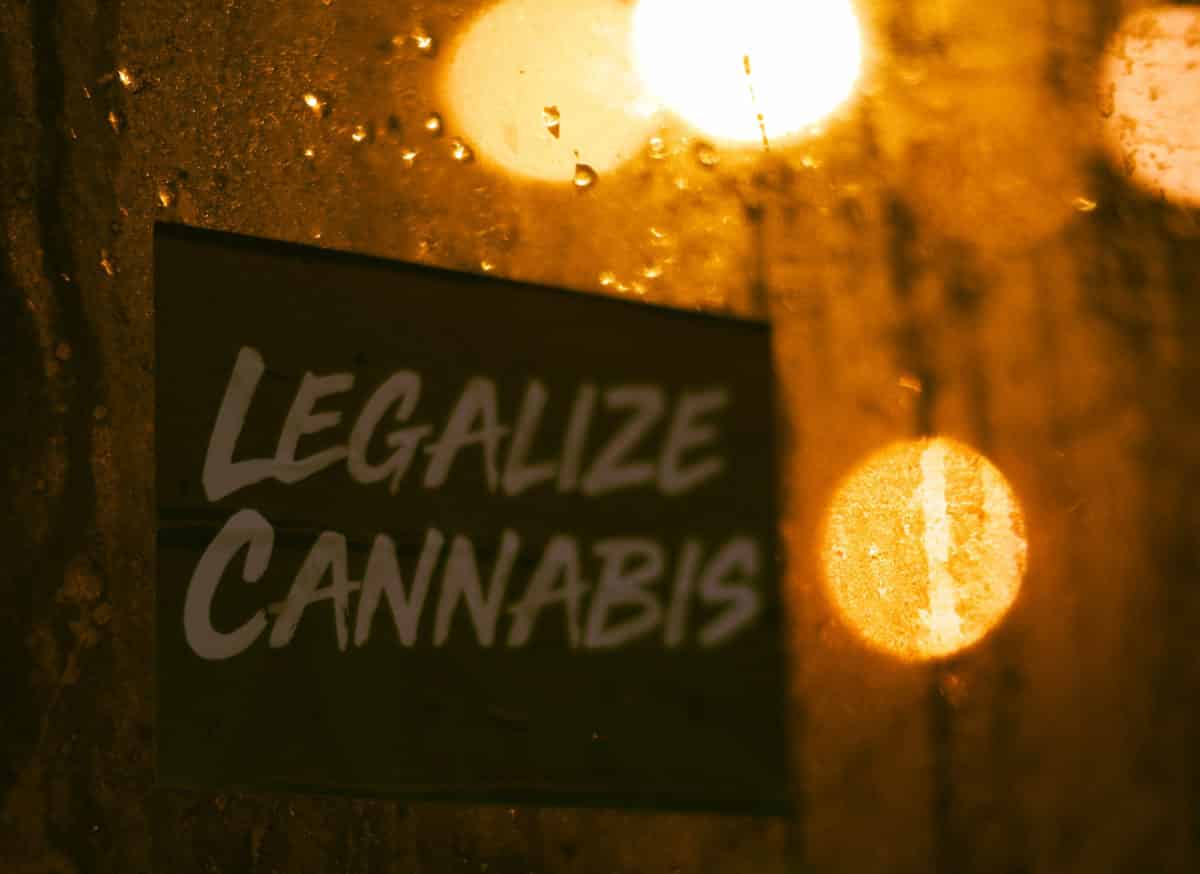Is the Cannabis SAFE Banking Act Already Cashed?

For those keeping track of the winding path taken by the Secure and Fair Enforcement (SAFE) Banking Act legislation (a.k.a. the marijuana banking bill), we’ve got the latest information. The SAFE Act, which seeks to protect banks and other financial institutions that serve cannabis companies from federal money laundering charges, was removed from the National Defense Authorization Act (NDAA) in December amid opposition from Senate Majority Leader Chuck Schumer and Senate Banking Chair Sherrod Brown. (It is worth noting non-national defense laws passing within NDAA is not uncommon.)
For those not keeping track of the winding path taken by the infamous marijuana banking bill, here is the breakdown. Although bipartisan in nature, and having passed the House no less than five times over the past three years, the Senate keeps refusing to pass the legislation. Although many Republicans are strong challengers of 420 friendly banking, some influential Democrats such as Schumer and Sen. Cory Booker stand against passing the act as they believe it will lessen pressure on Congress to legalize/decriminalize cannabis.
The cannabis industry, and the myriad industries connected to it, have a very strong need for standard access to bank accounts and financial services from financial institutions, mainly due to the immense public safety issues caused by running all cash businesses and the lack of healthy competition that is generated through small business loans. Based on safety concerns tied to lack of financial services, Americans for Safe Access (ASA), a leading cannabis advocacy group, developed its Robbery Preparedness Guide for cannabis retailers.
In San Francisco alone, there were reports of more than 25 break-ins and millions of dollars of damage and stolen property in the past two months.
“It is common knowledge that cannabis businesses have issues with traditional banks, which already makes them targets, but robbers also look for easy getaway potential, employees working alone, and businesses that are isolated,” ASA’s guide says. “Robberies happen quickly, so it is important that all staff know what is expected from them during and after an event.”
Tips included in the guide are broken down into five categories: preparation, during a robbery, after a robbery, in case of burglary and other considerations on providing sufficient security.
U.S. Cannabis Council President and CEO Steven Hawkins said while the group is “disappointed” the weed banking bill reforms were not included in NDAA, “we are heartened by the broad, bipartisan support for the … SAFE Banking Act and remain committed to advancing the legislation. We see the consequences every day of the lack of banking access, from the rash of dispensary robberies to the ongoing challenges of minority and small business owners to secure capital.”
Marijuana banking bill originator Rep. Ed Perlmutter said recently “the SAFE Banking Act has been sitting in the Senate for three years and with every passing day their unwillingness to deal with the issue endangers and harms businesses, their employees, and communities across the country. My work on this bill is far from over. As Speaker Pelosi and Senate Majority Leader Schumer are aware, going forward, I plan to pursue every possible avenue to get SAFE Banking signed into law.”
Although the Colorado Democrat announced in January he won’t run for reelection in 2022, his support has not waivered for the cannabis banks bill passing into law.
The National Law Review has some optimism for 420 friendly banking via either the SAFE Banking Act or by state in 2022, noting the midterm elections will have an impact on the national scale or in state legislatures. Some state work can be found in New York, New Jersey, and Missouri where bills aimed at circumventing Section 280E of the U.S. tax code by allowing cannabis companies to deduct business expenses from their state taxes have been recently introduced. Additionally, in mid-January, two bipartisan Pennsylvania state senators announced plans to file a bill that would safeguard banks and insurers against being penalized by state regulators.
Although there is not much the Pennsylvania legislature can do to get cannabis banking reform sanctioned at the federal level, the pending legislation would make it so no state agency could “prohibit, penalize or otherwise discourage a financial institution or insurer from providing financial or insurance services to a legitimate cannabis-related business or the business associates of a legitimate cannabis-related business,” according to preliminary draft language of the bill.
CannaCon manifests the most current and important news to the cannabis industry into the nation’s leading business-to-business cannabis conference. With the highest goal of growing the industry by educating cannabis business owners on all things related to cannabis and CBD, we have developed incredible trade shows that feature a large exhibition hall with exhibitors from around the country as well as seminars delivered by industry experts. Join the next conference in Oklahoma City March 31 through April 1, 2022!

[…] is required due to federal restrictions on banking services and all recreational cannabis purchases are subject to a flat 20% sales tax. Some counties, such as […]
[…] Further legislative measures are working to assist legal medical marijuana businesses as well as to contest illegal ones. One in particular aims to establish an independent financial and information network outside of the usual systems, utilizing distributed ledger technology, which is also known as blockchain technology. Generally speaking, this system uses decentralized networks of access points to provide simultaneous access, validation and record updating while also providing safe, cashless transactions. Many within see this as a necessary advancement while the federal government elongates legalization and SAFE. […]